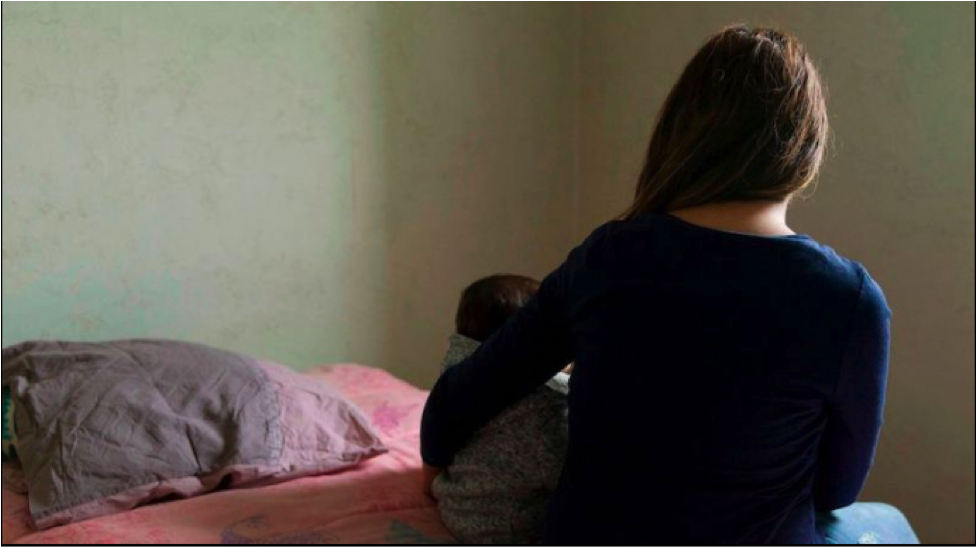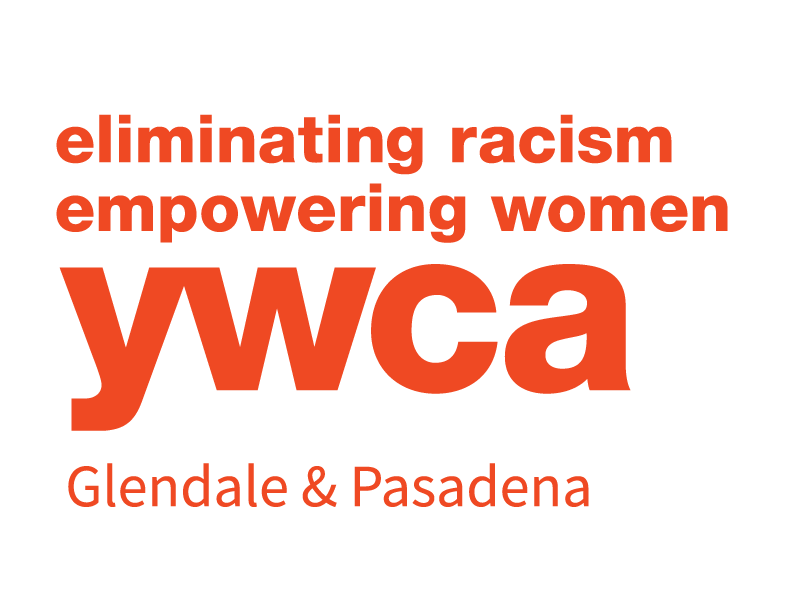
As an essential business under the Safer at Home Order, the YWCA Glendale is responding to the COVID-19 crisis by meeting the needs of survivors whose homes are not a safe place. Our 24 hour hotline and emergency shelter remain open. Last week, our staff was interviewed by several media outlets to share their insights on domestic violence in this current health crisis. The below article was published by Jezebel. A link to the full article and how you can support our work can be found at the bottom.
Home Isn't a Safe Place for Everyone: How Coronavirus is Impacting Domestic Violence Shelters

As more Americans are being asked to shelter in place and practice social distancing to stop the spread of the novel coronavirus, one group of people will be particularly impacted—survivors of domestic violence and abuse, for whom home is dangerous.
“We know that isolation compounds violence. It increases people’s risk, and it compounds the type of violence that people experience,” Emilee Whitehurst, CEO and president of the Houston Area Women’s Center. According to the National Domestic Violence Hotline’s CEO Katie Ray-Jones, the hotline has already seen an increase in clients who report that partners are using the threat of covid-19 to, as she put it, “further isolate, increase fear, and manipulate.”
The pandemic is posing a wide array of challenges to domestic violence shelters and hotlines, which already operate on the razor’s edge. Many staff are now working remotely; organizations have been forced to make the difficult choice to close their walk-in service centers; and shelters are reducing capacity in order to keep residents as safe as possible, cutting down the number of available beds during a time when they predict need will likely increase.
Jezebel spoke with advocates in states around the country to hear from them on how they are responding in this moment, why they believe that they will see an increased need for shelter and other forms of support for survivors, and what we can do to help both survivors and the organizations that work with them.
They all underscored that their services are still available, and they’re doing everything they can to maintain critical lifelines for people.
Ariana Chavez, Outreach and Education Specialist and Elizabeth Sahagun, the Director of Supportive Services of YWCA Glendale
Ariana: It’s already hard to find a shelter in Los Angeles county. They’re usually really, really full. What we’re anticipating is either two things, not enough phone calls because people do not know we’re operational, or we’re going to get a lot of phone calls. It’s an either or [situation].
And then, because of being sheltered at home, and also the things the governor is telling us, it’s either they’re afraid to leave because of being exposed to the virus or they believe there isn’t enough room in the shelters.
Our hotline is still open. People often tell their health care provider or their teacher [about their abusive situation], but those places are closed right now or busy. We are always available, and there’s always a live person behind the phone.
Elizabeth: Right now, what we’re noticing is we’re not getting a lot of calls. They’re very limited. During one shift over the weekend, we had three calls, and that’s really rare.
Because of the quarantine, people are home with their children and may find themselves in a situation where their abusers are also working from home, so they’re not able to move forward with any plans on leaving and leaving their situation. Eventually, as soon as this is over, I definitely think there will be an increase in calls.
The lack of beds is always a concern because domestic violence funding has been very limited. In the past few years, a lot of shelters have closed. There’s always a shortage of beds for domestic violence survivors, especially when it comes to not only emergency but transitional shelters. Those are very, very limited.
People’s finances are always a big concern of ours. Now they’re not only worried about fleeing or removing their children, they’re also worried about, “How am I going to financially support my children and myself?”
I just came from the shelter. We have two participants who are actively looking for work, but due to this whole crisis, their interviews got canceled, and no one is hiring. A lot of things have been put on hold.
Ariana: We have a lot of low-income families and undocumented survivors, and they’re losing their income as well. It’s hard for them to have food on the table or make ends meet and support their children. I know a few participants clean houses, they’re losing jobs.
Elizabeth: We’re worried people might return to their abusers. There’s always a possibility of that, because a lot of times, they find themselves in desperate situations. They do it for their kids, mainly. And they’ll just deal with the abuse.
WE’RE WORRIED PEOPLE MIGHT RETURN TO THEIR ABUSERS
Ariana: One ex-participant on Monday came into the center looking for food, and we gave her a major retailer gift card. Her immediate reaction was, I can’t go to that store, that’s where my abuser works. In L.A. where we live, there’s only one of those retailers in that area. She’s in transitional housing, and she said she would talk to one of the other moms to work something out. But she’s worried about her safety.
Elizabeth: Our facility did close, but everyone is working remotely. And we’re providing mobile advocacy, which is a first for us. Our food pantry is still open, and we definitely need a lot of food. Diapers, formula, anything and everything related to the basic needs of a family. Toiletries, anything. The more stocked up we are, the more we can give out to them.
Ariana: Toilet paper, hand sanitizer, Clorox wipes, all the cleaning supplies that are out because everyone is hoarding them.
During this unprecedented time, we are asking for your support - please consider making a financial donation and/or select us as your charity of choice as you shop on Amazon. We know that with the support of our community, we will rise to meet the challenges of this moment.
With gratitude,

Tara Peterson
Executive Director, YWCA Glendale

SHOP AMAZON TO SUPPORT YWCA GLENDALE
READ THE FULL ARTICLE
735 East Lexington Drive Glendale, CA 91206
Phone (818) 242-4155 | info@glendaleywca.org
YWCA Glendale © 2019 All rights reserved.
Unsubscribe

|

